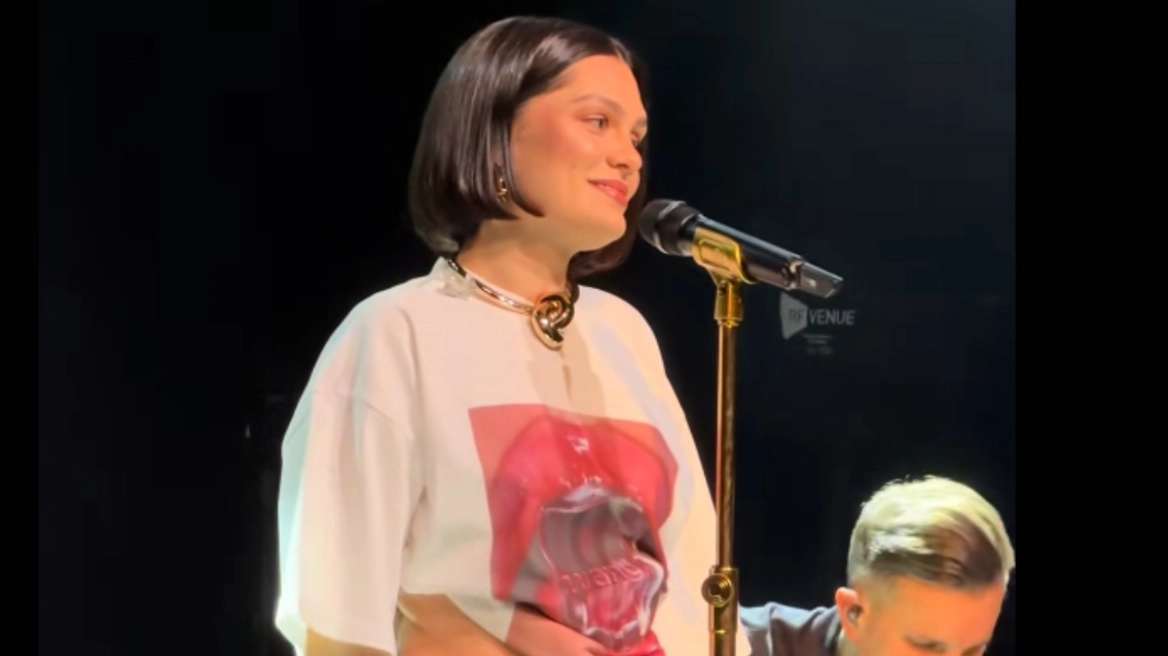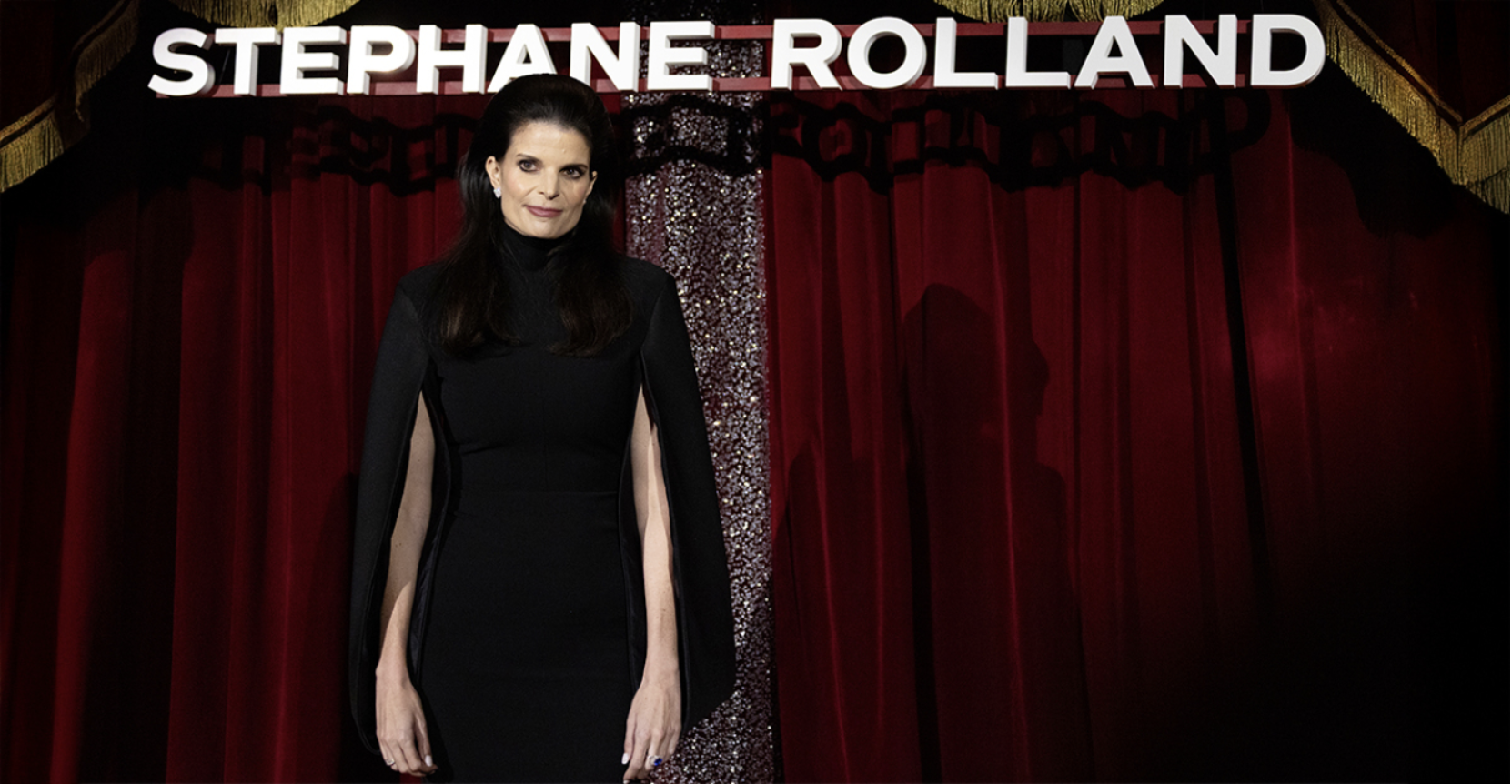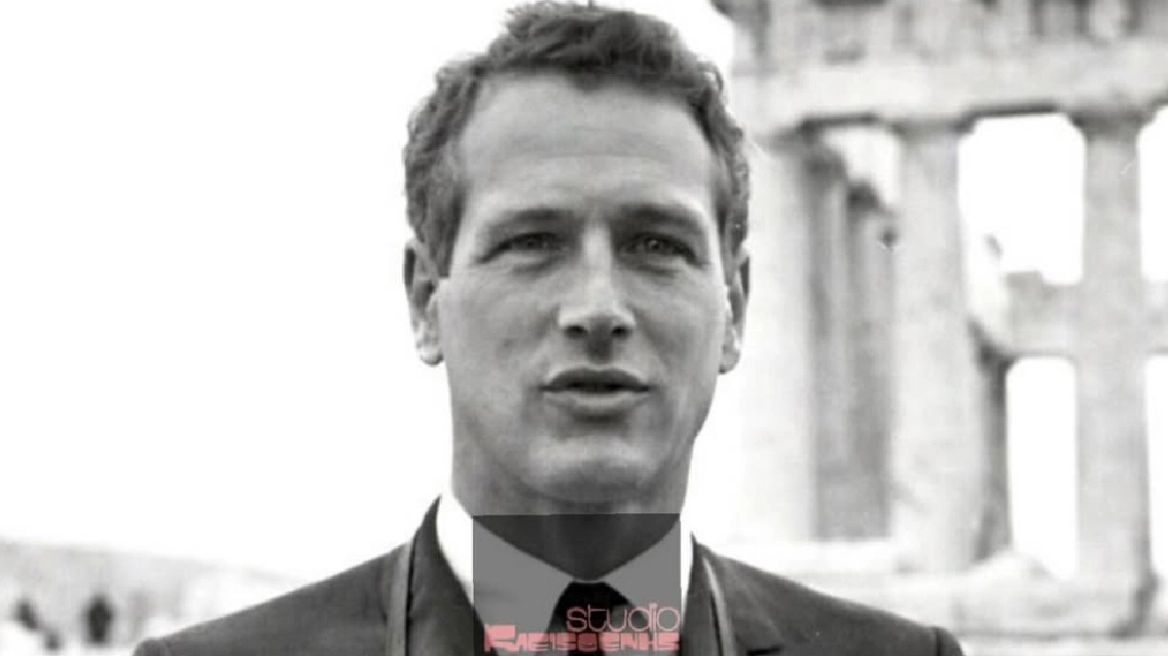Odysseus has returned to Ithaca, and three decades after “The English Patient,” the on-screen reunion of Ralph Fiennes and Juliette Binoche will premiere in theaters at the end of the month.
The first trailer has been released, and the stunning landscapes of Ithaca and Corfu, along with the powerful performances by these two acclaimed actors, are already captivating audiences.
Ralph Fiennes and Juliette Binoche visited Greece in early November for the Thessaloniki Film Festival, where they received the honorary Golden Alexander award and discussed bringing the final, dramatic chapter of Homer’s Odyssey to life on the big screen.
The actors expressed being deeply moved by the timeless messages of the Homeric epic. The film is directed by Uberto Pasolini.
Watch the Impressive Trailer for “The Return”
For the ancient Greeks, “The Odyssey” was more than an unparalleled epic; it shaped the image of the Greeks as seafaring conquerors and cultural pioneers, embodying the resourcefulness and ingenuity of travelers who shape their destiny not only through divine intervention but also through their own intellect.
Modern interpretations of this mythical poem reveal that Odysseus is not just an invincible hero but also a man tormented by nostos — the longing for homecoming. This element distinguishes him from the warrior Odysseus of the Iliad, who, having left the battles behind, no longer listens to the Sirens’ song about the Achaeans’ sufferings in Troy. His only desire now is a peaceful return home.
The film “The Return” focuses on this existential struggle. According to its official synopsis, after 20 years away, Odysseus (Ralph Fiennes) arrives at the shores of Ithaca, disheveled and almost unrecognizable. The king has finally returned, but much has changed in his kingdom since he left for the Trojan War.
His beloved wife Penelope (Juliette Binoche) is now a prisoner in her own home, besieged by numerous suitors eager for her hand and the throne. Their son Telemachus (Charlie Palmer), who grew up without his father, faces imminent danger from these suitors, who see him as an obstacle in their ruthless pursuit of Penelope and power.
Odysseus himself has also changed. Scarred by the war, he is no longer the mighty warrior his people remember. Yet, he must confront his past to regain the strength needed to save his family and reclaim the lost love of his life.
A key role is played by Odysseus’ father, Laertes, portrayed by Nikitas Tsakiroglou, adding depth to the story.
From the film’s synopsis, it is evident that the adaptation emphasizes the existential and emotional turmoil caused by the war, infusing the narrative with anti-war sentiment.
The challenging task of adapting the Homeric myth into a screenplay that respects its original essence has been undertaken by director Uberto Pasolini, the nephew of renowned Italian filmmaker Luchino Visconti. Pasolini is known for works like “Nowhere Special,” the acclaimed “Bel Ami” starring Robert Pattinson and Uma Thurman, based on the famous novel by Guy de Maupassant, and the iconic “The Full Monty.”
Screenwriting contributions also come from John Collee (“Master and Commander”) and Edward Bond (“Blow-Up”), adding to the film’s narrative depth.
Though details about the film are scarce, the actors expressed excitement about the shooting locations in Greece — the Peloponnese and Corfu — as well as in Italy. Ralph Fiennes is currently performing in a theatrical adaptation of Macbeth in London and on tour, while Juliette Binoche was recently appointed as the new president of the European Film Academy, taking up her duties from May 1.
After completing filming, Pasolini stated: “I feel incredibly fortunate to bring Homer’s world to life through the immense talent of Juliette and Ralph, whose powerful screen presence is matched by the daring they bring to their craft.”
The film is a co-production between Italy and Greece, involving producers Konstantinos Kontovrakis and Giorgos Karnavas from Heretic, as well as the UK and France. It will be distributed by Rosebud 21.
Ask me anything
Explore related questions





